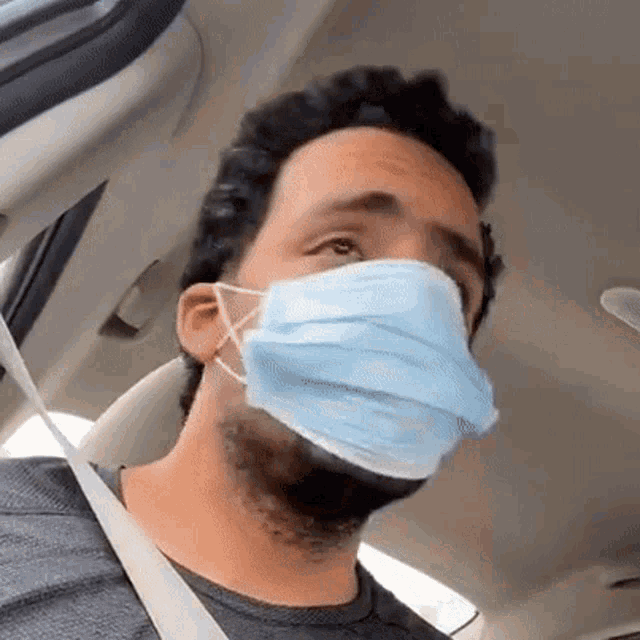Rube Reaper
Elite
- Joined
- Nov 15, 2021
- Messages
- 2,836
While face masks offer the most protection against the spread of virus-carrying particles in the air when everyone wears them, masks can protect the wearer alone, research suggests, by acting as a barrier between particles and their nose and mouth.
One-way masking — when one person is masked and others are not — depends mainly on two factors: how well your mask fits and how effectively the mask material filters out particles that can carry viruses, said Chris Cappa, a professor of civil and environmental engineering at the University of California, Davis who studies aerosol particles and masks.
Masks like N95s and KN95s will generally be more protective than surgical masks or cloth masks because they can make a tighter seal against your face, he told CNN. So, “a well-fit N95 can reduce the amount of potentially infectious particles that you inhale by more than a factor of 20 times,” Cappa said.
In addition to wearing a high-quality, well-fitting mask, taking steps including getting vaccinated, testing yourself for Covid-19 and making sure spaces you’re in are well-ventilated can make it safe for people — even those at higher risk for more severe illness — to travel, said Dr. Preeti Malani, chief health officer in the Division of Infectious Diseases at the University of Michigan in Ann Arbor.
One-way masking — when one person is masked and others are not — depends mainly on two factors: how well your mask fits and how effectively the mask material filters out particles that can carry viruses, said Chris Cappa, a professor of civil and environmental engineering at the University of California, Davis who studies aerosol particles and masks.
Masks like N95s and KN95s will generally be more protective than surgical masks or cloth masks because they can make a tighter seal against your face, he told CNN. So, “a well-fit N95 can reduce the amount of potentially infectious particles that you inhale by more than a factor of 20 times,” Cappa said.
In addition to wearing a high-quality, well-fitting mask, taking steps including getting vaccinated, testing yourself for Covid-19 and making sure spaces you’re in are well-ventilated can make it safe for people — even those at higher risk for more severe illness — to travel, said Dr. Preeti Malani, chief health officer in the Division of Infectious Diseases at the University of Michigan in Ann Arbor.


